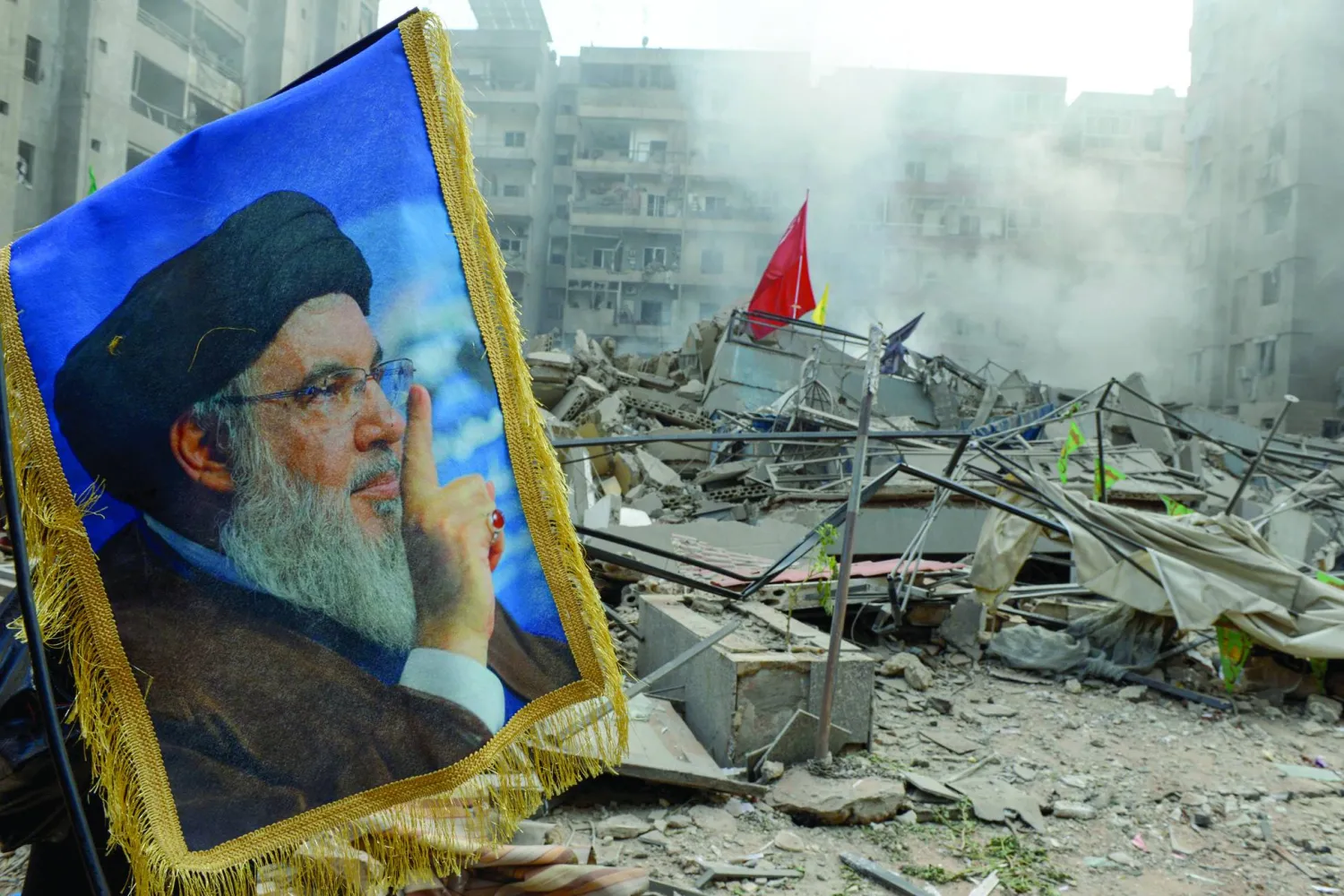A criminal court in the Algerian capital on Wednesday sentenced in absentia the leader of Kabylia Self-Determination Movement (MAK), Ferhat Mehenni, and six other people to 20 years in prison on charges of “committing terrorist and subversive acts targeting the security of the state and national unity.”
The rulings included 20 other defendants, who stood before the judges and were questioned about their crimes.
The court sought penalties for the group of defendants ranging from three to 10 years. They were accused of trading “considerable quantities of weapons and spreading ideas that target the security of the state.”
Algeria has a “strict” criminal law in penalties against defendants classified as “fugitives.”
Four other defendants in the case were acquitted for lack of evidence.
Founded 20 years ago, MAK is a group advocating for self-determination for Algeria's Amazigh Kabylia region, in the east of the country.
In his defense, a representative of the public prosecutor accused the defendants of participating in organizations and groups engaged in terrorist and subversive activities.
He said they “used information and communication technologies to recruit people for the benefit of a terrorist organization”.
The court representative also accused them of receiving funds from foreign parties to conduct acts targeting the security of the state and of “plotting with the Zionist entity.”
In return, the defense team has denied all the charges and said there is a lack of evidence against the defendants. The team demanded that the court brings the weapons and ammunition that security services claim they had seized.
In May 2021, the Algerian regime designated MAK a “terrorist group”.
Mehenni, 72, and the six other defendants live in France, where they benefit from a political asylum status.
In 2021, the Algerian judiciary issued an international arrest warrant for the MAK leader and accused him of being involved in the significant wildfires that affected the country and several other cases.
Mehenni, a famous singer, founded the movement in 2001 following bloody clashes between Algerian security forces and residents from the Kbaylia region after a young man was killed by a police officer.
The clashes left 170 dead and tens of injuries.
In video footage that was shared online, Mehenni denied all the accusations made against him.
In 2010, the movement declared the establishment of a temporary government led by Mehenni for the Kabylia region in Paris.









